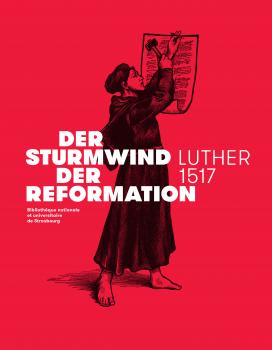It is very fascinating to compare the introduction of a history thesis in France and in Britain. While in the latter one must above all present his/her argument clearly and outline the content of each chapter, in the former it is vital to discuss at length the content of the literature that has preceded you. A good article in my field always starts by recalling the endless list of sociologists that have contributed your topic, discussing (not in detail, but rather loosely quoting from hearsay, so to say) their ideas and finishing by adding your argument in the last part of the paper. The idea behind this is that history is cumulative and that what you are going to say must pay homage to your predecessors, that you have to know, quote and remember. When you start a paper, in Britain, it is usual to indicate your sources, methodology and argument – in France, you need to establish the historiography of your subject cautiously and comprehensively first, before saying anything new.
This might sound quite silly to British historians, especially younger ones, who would not feel compelled to quote every single author talking about the French Revolution for instance before adding their own sources. The main point is that fresh work in Britain will 90% of the time come from fresh material which has nothing to do with anyone else, while in France most of the time a fresh piece of work will mean a new idea, hypothesis or interpretation without forcibly looking at brand new sources. Hence the special deference commanded to previous interpreters.
In the ‘Catholic’ form of writing, you need to teach about the discipline itself, not about the facts.
 Well, I have come to see this difference as Catholic vs Protestant historical writing. In the ‘Catholic’ form of writing, you need to teach about the discipline itself, not about the facts; about the interpreters and the institution; about what has been said before you not about what you want to say at your turn; while in the ‘Protestant’ point of view the point is the fact, the source, the primary material which has nothing to say except for what you’ll say. In other words, in these circumstances you are responsible for what you say. Those who resort to primary sources, literally referring to the text itself and not to the authorised interpreters (or intercessors, who I could call the ‘clergy’), I call Protestant writers while those who refer to what has been said before them (historiography) rather than what is at stake in experience (i.e. the source itself) I call Catholic writers.
Well, I have come to see this difference as Catholic vs Protestant historical writing. In the ‘Catholic’ form of writing, you need to teach about the discipline itself, not about the facts; about the interpreters and the institution; about what has been said before you not about what you want to say at your turn; while in the ‘Protestant’ point of view the point is the fact, the source, the primary material which has nothing to say except for what you’ll say. In other words, in these circumstances you are responsible for what you say. Those who resort to primary sources, literally referring to the text itself and not to the authorised interpreters (or intercessors, who I could call the ‘clergy’), I call Protestant writers while those who refer to what has been said before them (historiography) rather than what is at stake in experience (i.e. the source itself) I call Catholic writers.
It is striking how we defer to the intellect in France...
A friend of mine usually jokes about the difference in religious matters as ‘Protestants teach God while the Catholics teach their religion’. The difference is palpable in history writing too. You can have material of your own, but not ideas of your own. It is striking how we defer to the intellect in France, God truly being Reason and ‘intellectuals’ its prestigious, defending clergy.
